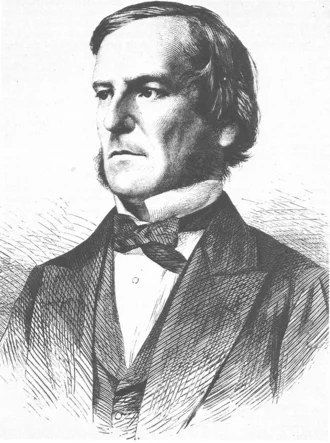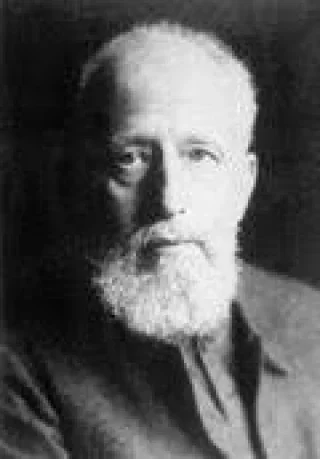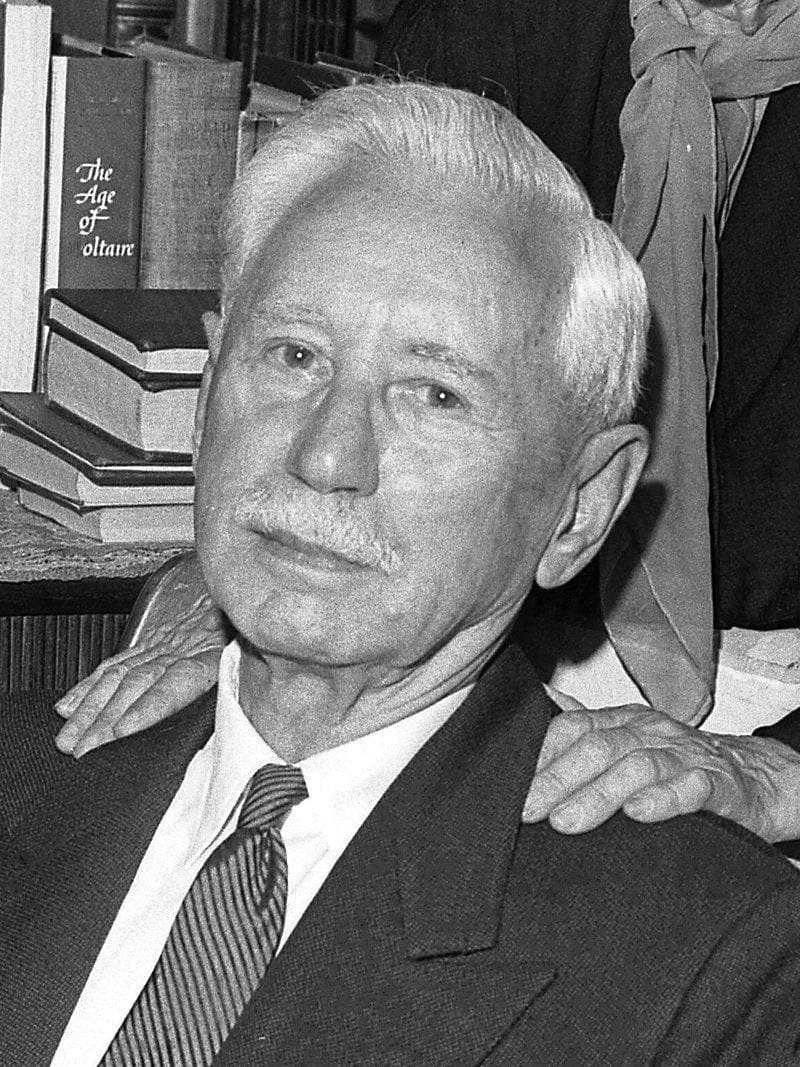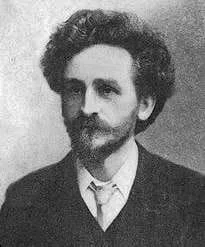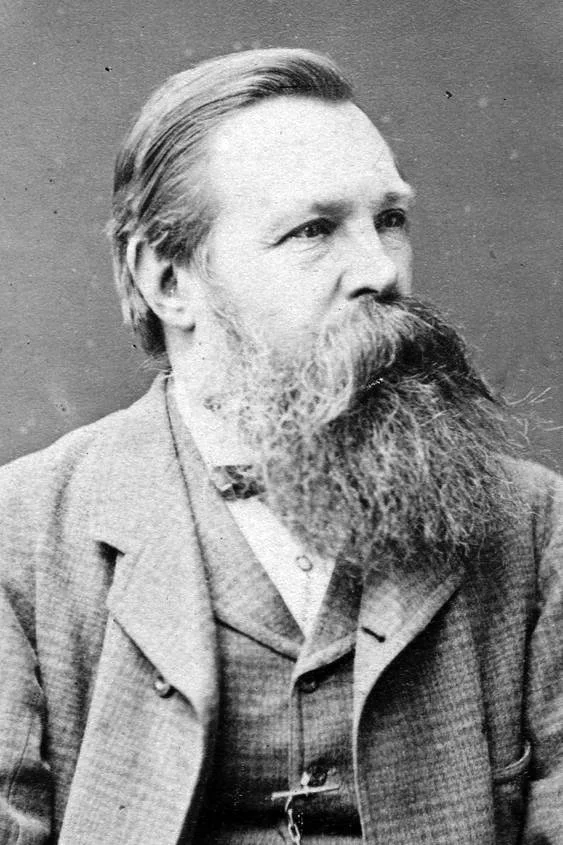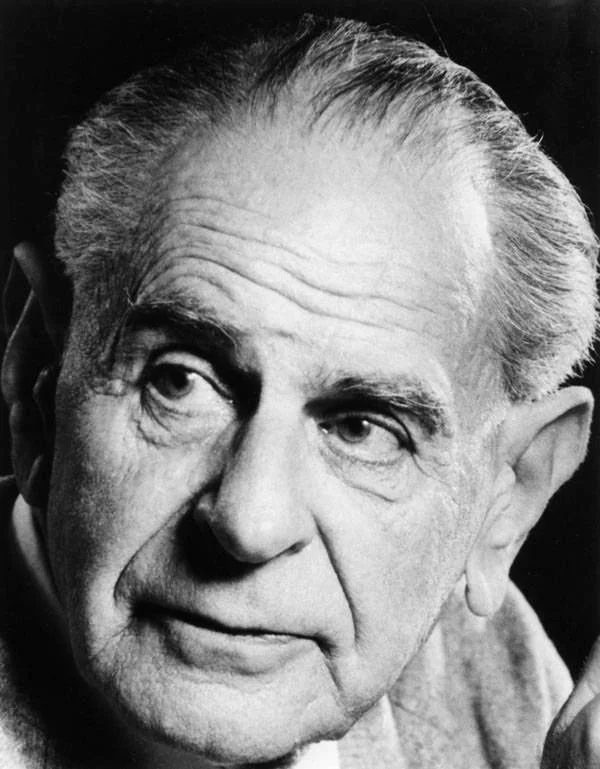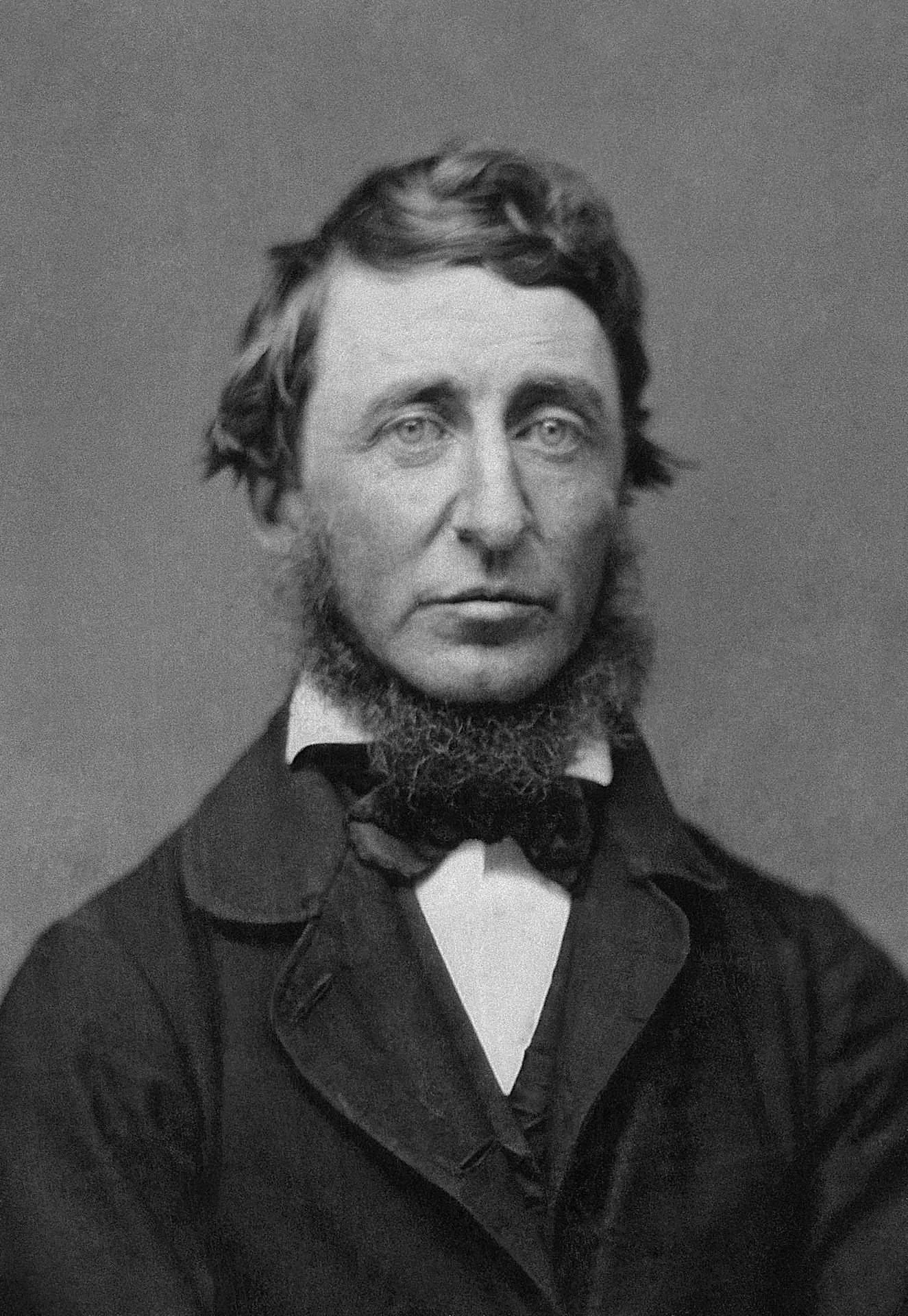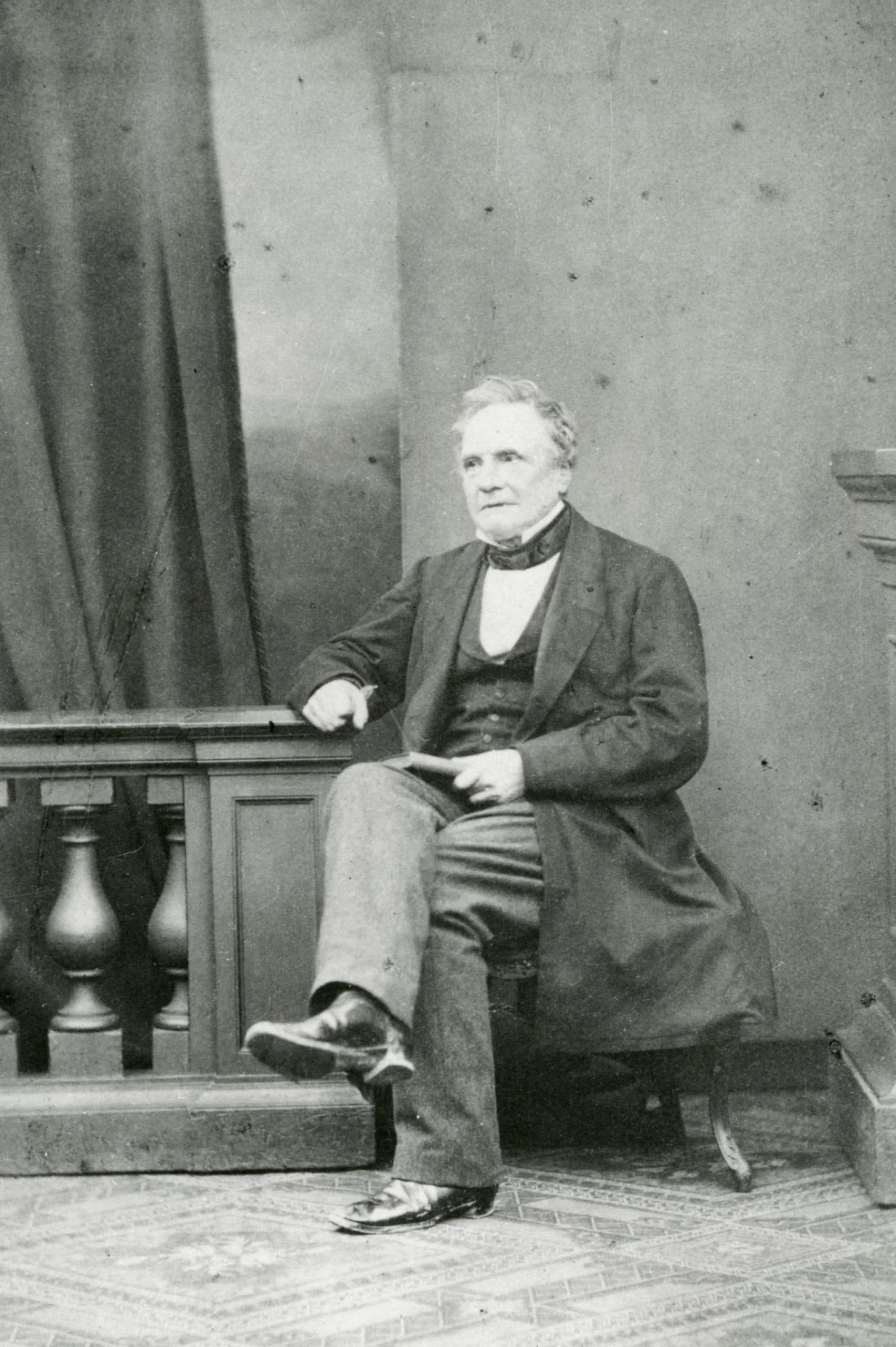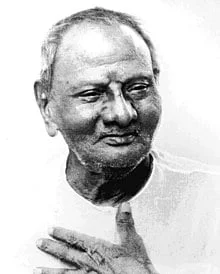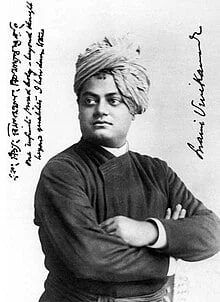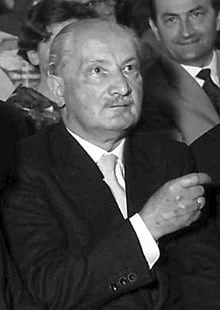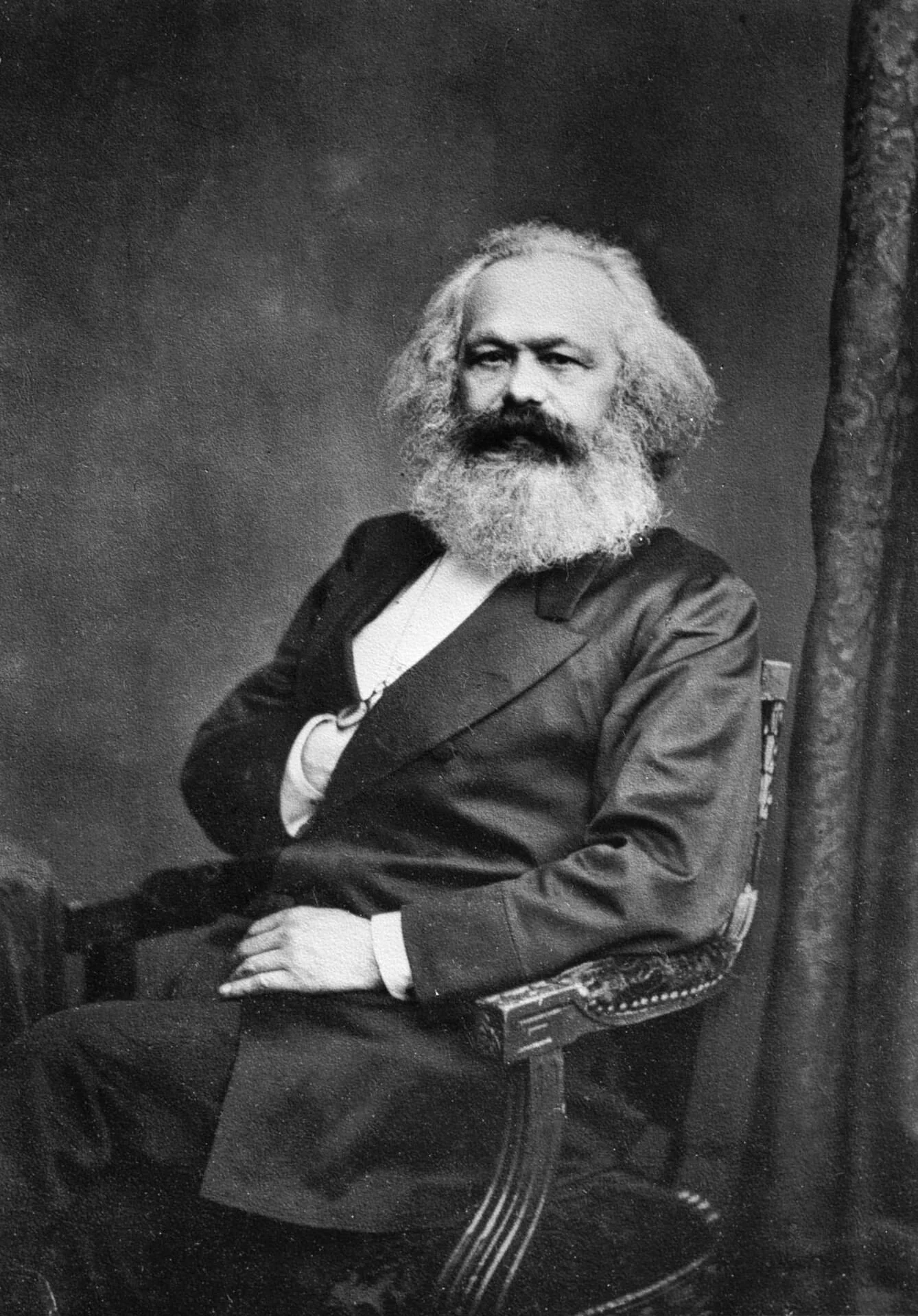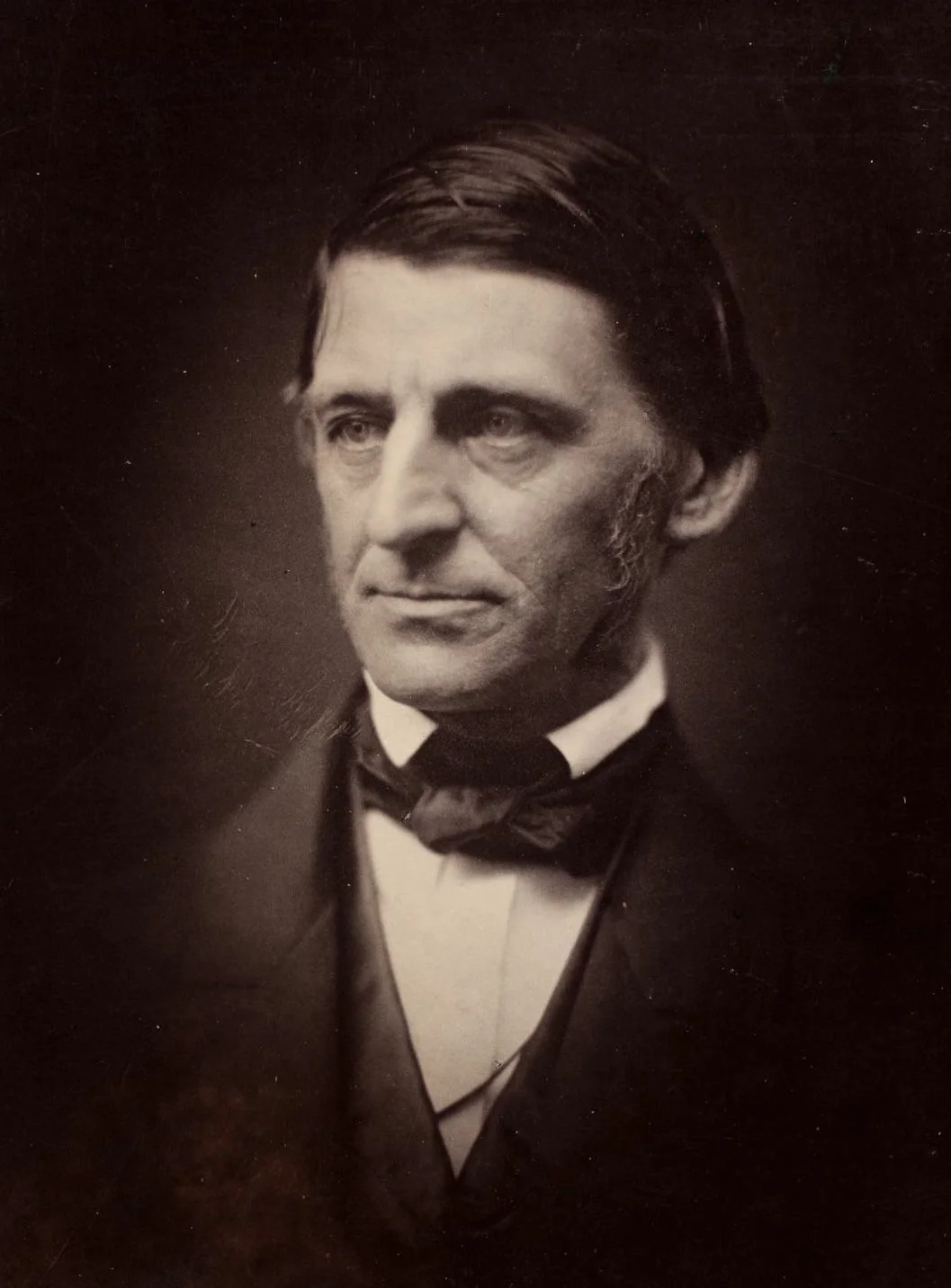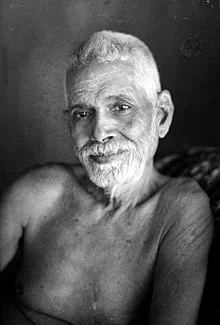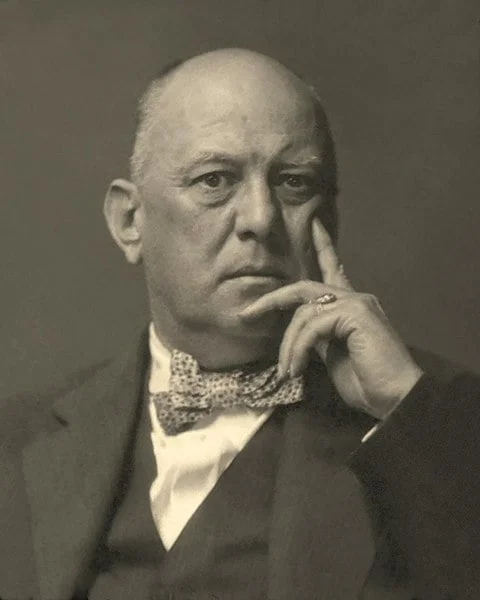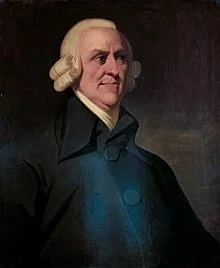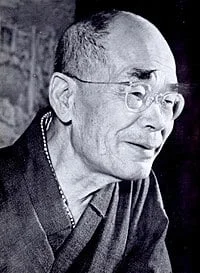Real Celebrities Never Die!
OR
Search For Past Celebrities Whose Birthday You Share
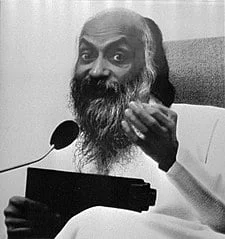
source:wikimedia.org
Osho Rajaneesh
Birthday:
11 Dec, 1931
Date of Death:
19 Jan, 1990
Cause of death:
Heart failure
Nationality:
Indian
Famous As:
Founder of the Rajneesh movement
Age at the time of death:
58
Osho Rajneesh's Quote's
Early Life and Spiritual Curiosity
Osho Rajneesh, originally known as Rajneesh Chandra Mohan Jain, was a controversial and charismatic spiritual leader, philosopher, and the founder of the Rajneesh movement. Born on December 11, 1931, in Kuchwada, a small village in central India, Osho’s life and teachings were marked by a blend of mysticism, provocative discourse, and the establishment of a unique spiritual commune.
Academic Pursuits and Philosophical Explorations
Growing up in a Jain family, Osho Rajneesh displayed an early interest in spirituality and questioning societal norms. He earned a master’s degree in philosophy from the University of Sagar and later became a professor of philosophy at Jabalpur University. During this time, he began traveling extensively, exploring different spiritual traditions and engaging with various philosophical schools of thought.
Establishing the Pune Ashram
In 1966, Osho resigned from his academic position and embarked on a journey to share his insights on spirituality and consciousness. He gained a following in India, and in 1970, he established an ashram in Pune, which became a focal point for his teachings. Osho’s discourses covered a wide range of topics, from meditation and mindfulness to sexuality and the challenges of contemporary society.
Dynamic Meditation and Key Teachings
Osho developed a unique form of dynamic meditation that incorporated movement, catharsis, and stillness. This approach aimed at helping individuals break through psychological and emotional barriers, leading to a heightened state of awareness. His teachings emphasized the importance of individual freedom, self-discovery, and living in the present moment.
Global Influence and Controversies
In the 1970s, Osho Rajneesh gained international prominence as his ashram attracted followers from around the world. However, controversies surrounded his teachings, especially his views on sexuality, the commune’s lifestyle, and the nature of authority within the community.
The Rajneeshpuram Community in the United States
In 1981, Osho moved his commune to the United States, establishing the Rajneeshpuram community in Oregon. The expansion of the commune and its confrontations with local authorities escalated, resulting in legal issues and tensions with the neighboring community. In 1985, Osho pleaded guilty to immigration fraud charges and was deported from the United States.
Return to India and Later Years
Returning to Pune, India, Osho Rajneesh continued to attract followers, but his health deteriorated. He passed away on January 19, 1990, at the age of 58. The cause of death was heart failure compounded by complications from diabetes and exposure to thallium, a toxic substance.
Legacy and Teachings
Osho left behind a vast collection of teachings in the form of books, audio recordings, and video discourses. Some of his notable works include “The Book of Secrets,” “The Art of Dying,” and “The Joy of Living Dangerously.” Despite the controversies surrounding his life and commune, Osho’s teachings continue.
Name:
Osho Rajneesh
Popular Name:
Osho Rajaneesh
Gender:
Male
Cause of Death:
Heart failure
Spouse:
Place of Birth:
Kuchwada, Bhopal State, British India
Place of Death:
Pune, Maharashtra, India
Occupation / Profession:
Personality Type
Debater: Smart and curious thinkers who cannot resist an intellectual challenge. He was known for his charisma, intellectual curiosity, and ability to challenge traditional norms and ideas.
He owned 98 Rolls Royce donated by his disciples..
His major talks and preaching include sexuality. He advocated an open, free and straight attitude towards sex.
Osho name was given by his disciples. Disciples explained that the word 'Osho' is derived from William James' expression 'oceanic experience' which means dissolving into the ocean.
There are more than 600 books in his name.
The Sunday Times in London described him as one of the ‘1000 Makers of the 20th Century’

